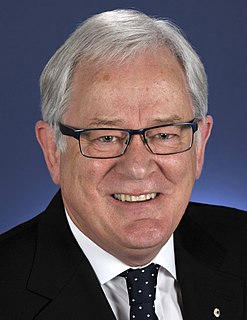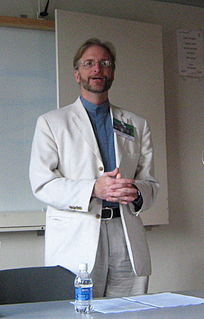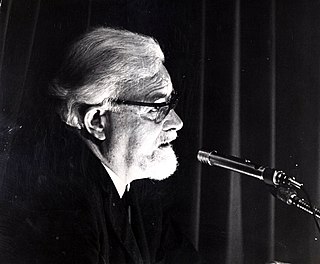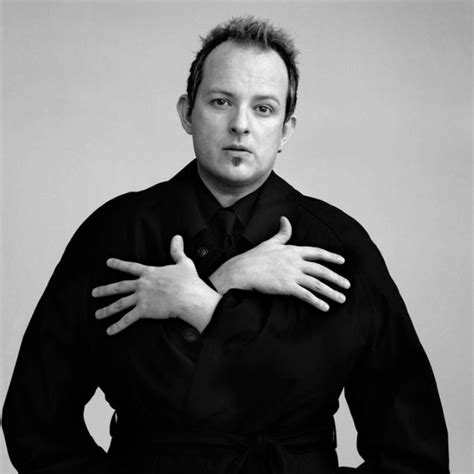A Quote by Andrew Robb
Trying to get a common set of trading rules right down to very simple things like paperless customs arrangements and telecommunications services and all those things that will help lower the cost and increase the ease of doing business across the region.
Related Quotes
I try not to make political arguments personal. It doesn't help and it switches a lot of people off. The real questions: Will we have peace? Will we have justice? Will we have pensions? Will we have free education? Will we have public services? .... those are the sort of things which interest me. I don't think that having a go at individuals really helps get your point across apart from anything else.
We really began to think in different ways about our business in terms of climbing this mountain and it became very clear very quickly this was the smart thing to do. Not only did we start to generate answers for those customers, they embraced us for what we were trying to do. The goodwill in the market place has just been stunning. The rest of the business case is pretty simple. I cost it down not up.
'Toybox' is that kind of game that will stretch your mental capacity by doing very simple things like solving an easy puzzle of shooting aliens. You'll just need to do everything at the same time to make it through alive. Just to make things tricky, the tasks change every week so you can't get used to any set.
Nobody can be saved from anything, unless they save themselves. It is hopeless doing things for people - it is often very dangerous to do things at all - and the only thing worth doing for the race is to increase its stock of ideas. Then, if you make available a larger stock, people are at liberty to help themselves from out of it. By this process the means of improvement is offered, to be accepted or rejected freely, and there is a faint hope of progress in the course of millennia. Such is the business of the philosopher, to open new ideas. It is not his business to impose them on people.
When you're studying drama, when you're a young actor, there are simple rules about acting. "Why am I here? What prevents me from leaving? What am I trying to get? How do I hide something?" So when you're making a film like Abel's movie, you want to be thinking about those things all the time. And you wanna be armed with those things, and you hope the other actors you're working with have the same understanding of drama and scene and acting. Sometimes it works and sometimes it doesn't.


































